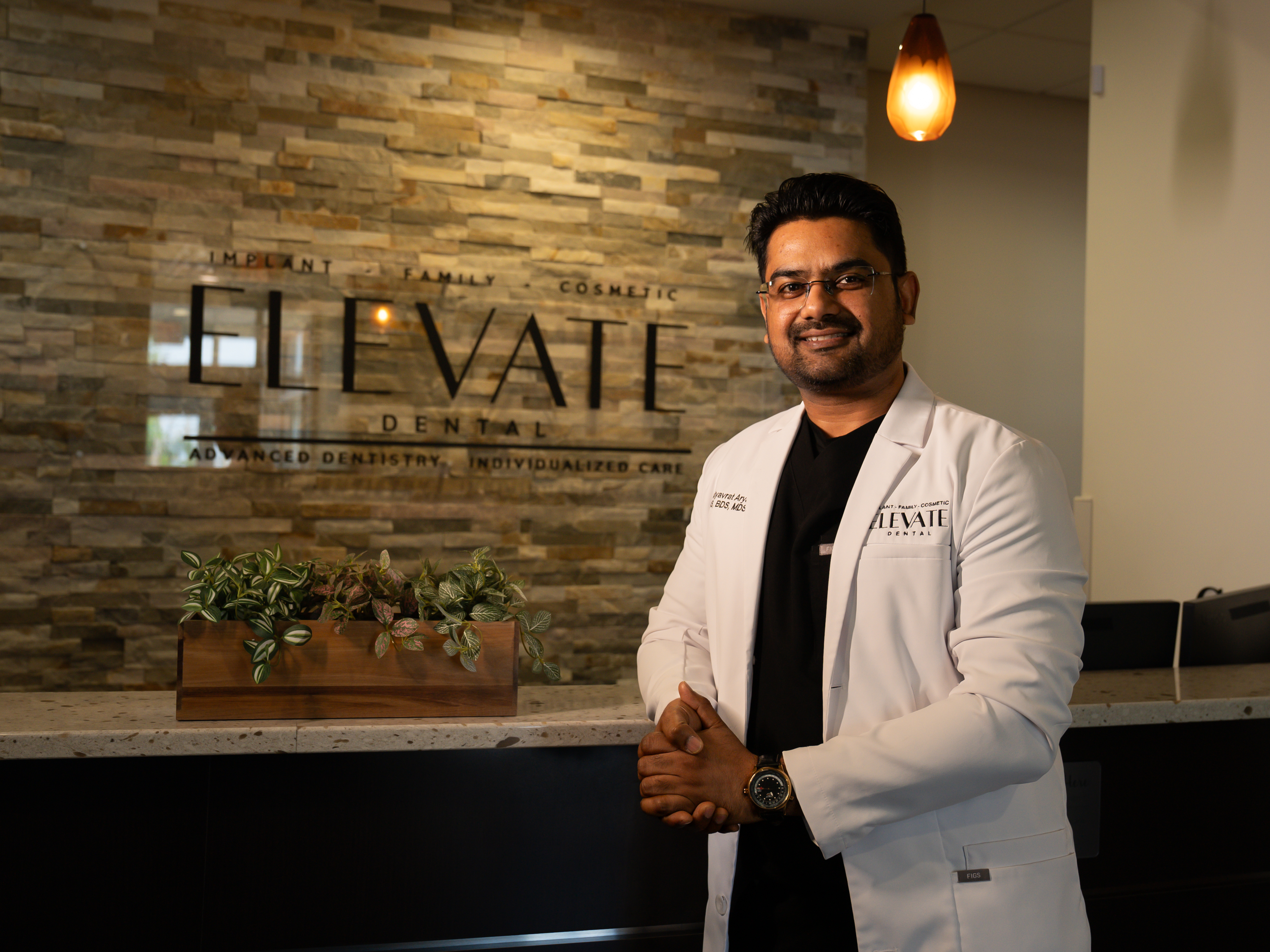With improved care and research, people are keeping their teeth longer than ever. Sometimes, however, there are instances when that might not be the case. If you are missing a tooth, consult your dentist about a replacement option. They will help you determine the best choice, whether it is a bridge or an implant, to achieve the best smile and support your overall health.
Bridges
A bridge, a reliable device that replaces one or more missing teeth, offers several benefits. It's a quicker process than an implant, with a faster healing time. Once in place, it seamlessly restores your ability to chew and prevents surrounding teeth from shifting. Plus, it's more sturdy than regular dentures, ensuring a comfortable and functional smile.
The downside to a bridge is that the dentist will need to remove enamel on the adjacent teeth before attaching the appliance. Such removal of a strong coating weakens the natural tooth. Additionally, it can be more challenging to brush and maintain the bridge, which is the reason it may not last as long as an implant. Furthermore, the bridge doesn't support the bone underneath, and patients may lose the respective bone and gums.
It is challenging to determine the exact lifespan of a bridge, but with proper hygiene and care, you can expect it to last several years.
Implants
Implants are placed directly in the area where the missing tooth is located. It doesn't affect the adjacent teeth and helps to keep the bone healthy and strong. The implant functions like the roots, supporting the crown/restoration to create a more permanent option. The process of placing implants is easy and relatively pain-free. Although it is a staged procedure where implants are loaded 2-3 months after placement, it still offers better long-term results.
It is essential to take care of your implant to ensure its long-term success, just as you would with natural teeth. The care includes flossing and keeping the area clean. You and your dentist should work together to ensure that the implant remains healthy.
With proper care, an implant can last a lifetime, providing a long-term solution for missing teeth. This longevity ensures that you can continue to enjoy a healthy, functional smile for years to come.
Same-day Implants
Dental Implants have come a long way. In the beginning, one had to wait for months after losing a tooth to get an implant done. But not anymore. With today's dental technology, dentists can precisely place implants to achieve the best possible outcome. We can precisely predict the position and the reason why implants are so successful.
"Teeth in a day" is the epitome of dental rehabilitation for edentulism, someone who is missing all of their teeth. The implant-supported fixed denture gives immediate functionality. Eating, talking, smiling, and facial profile improve the same day while the gums heal over a 2- to 3-month period. Once completed, the temporary teeth will be replaced with new zirconia restorations.
Caring for Implants
Implants are a predictable and minimally painful procedure that helps patients function without worry, for the most part. Oral hygiene is practically the same as caring for your natural teeth. It is essential to use a water flosser and brush regularly. Additionally, you may need to add a few extra checkups, ideally three to four times per year, to maintain good oral health.
What Patients Need to Know
The healing process takes two to three months total. And while this may seem like a long time, we often find that our patients have dinner the same evening as the initial procedure.
Patients considering bridges or implants will realize they can continue to make memories during the healing process, without missing a beat. There is no more reason to worry about having missing teeth. Enhance your self-confidence by visiting a dentist who specializes in implant dentistry. Go to https://aaid-implant.org/find-an-implant-dentist/ to find a practitioner in your area.
Dr. Satyavrat Arya received his first dental degree in 2007 and a master's in oral and maxillofacial surgery in 2011, both in India. In 2024, he received his second dental degree, DDS, from the State University of New York, Buffalo, NY. He is a member of the American Academy of Implant Dentistry and is active in dental implant research and education. He currently runs an implant-focused private practice located in Vandalia, Ohio. He can be reached at drarya@dag.dental
Social media:
https://www.facebook.com/elevatedentaldayton/
https://www.elevatedentaldayton.com/meet-our-team/satyavrat-arya-dds/





